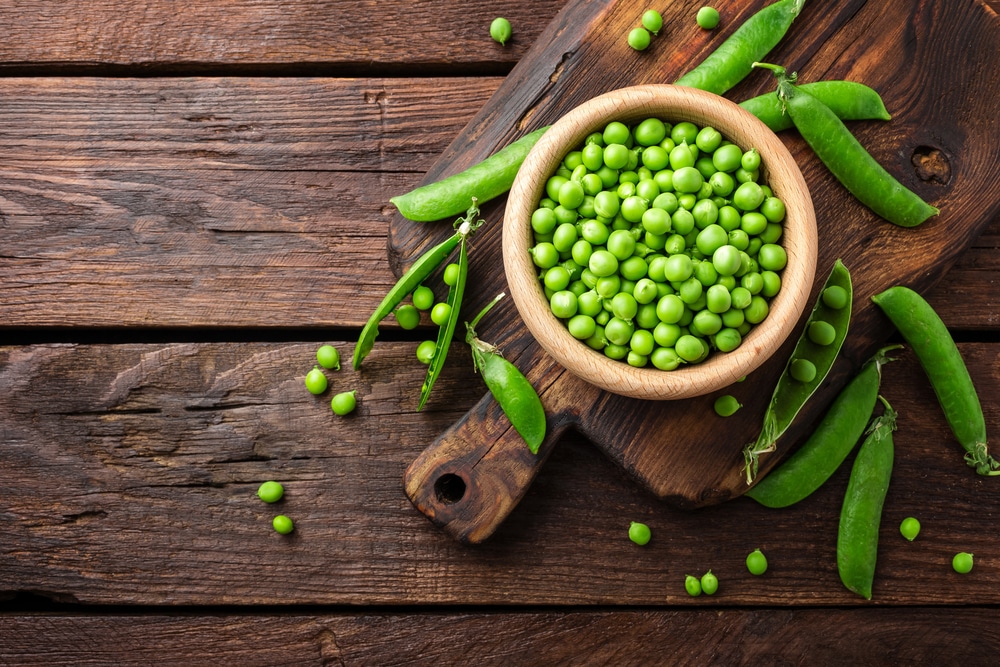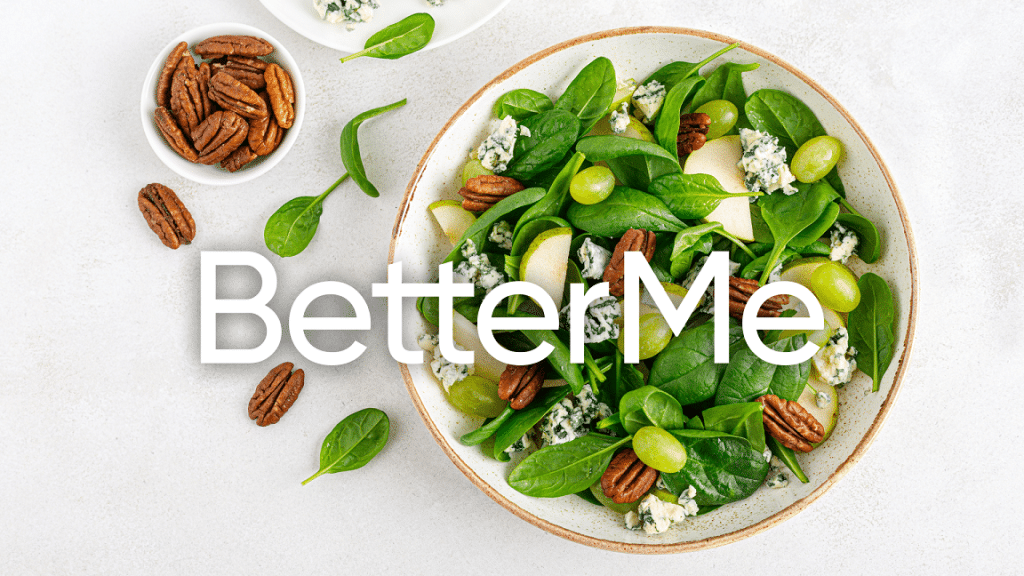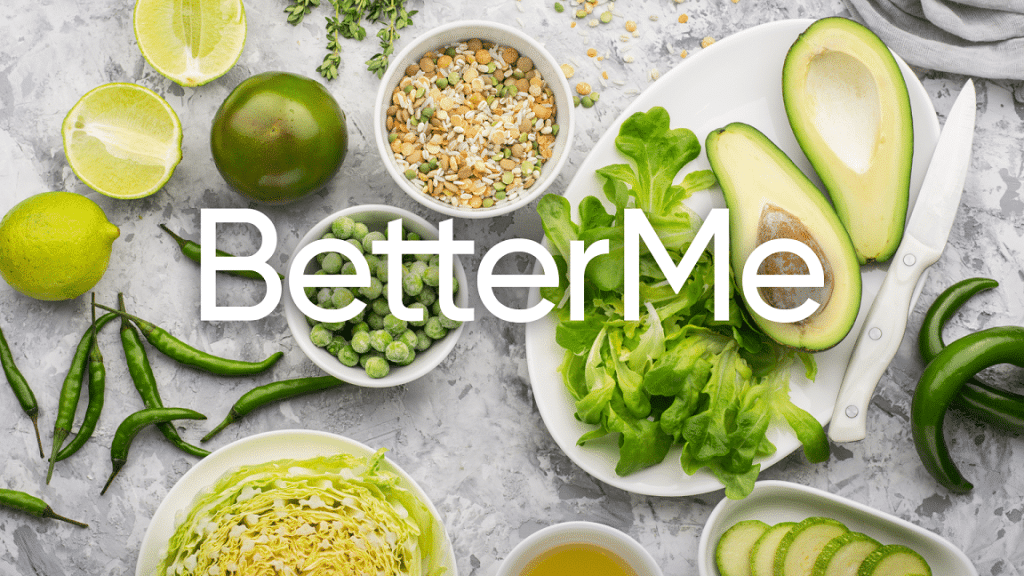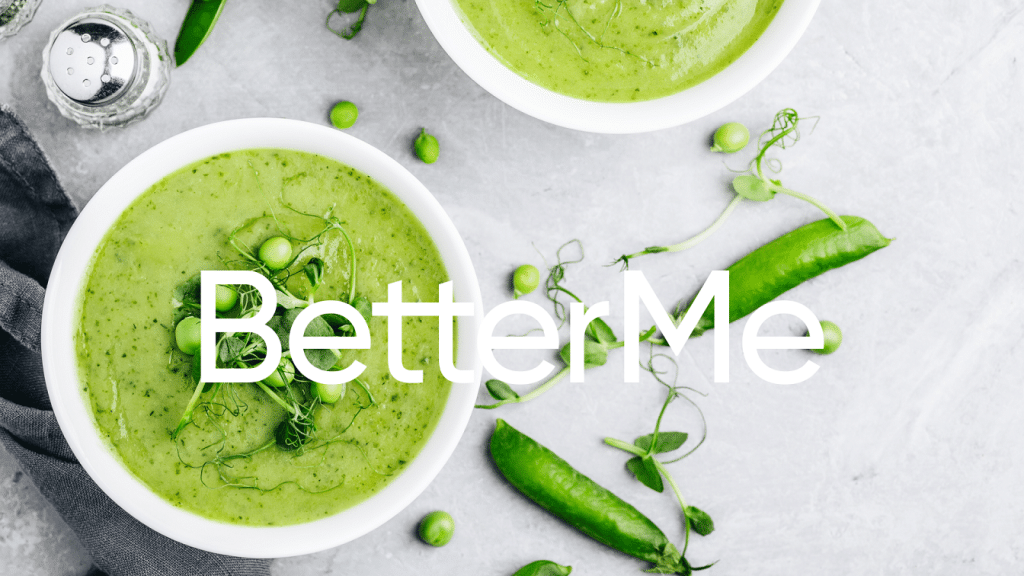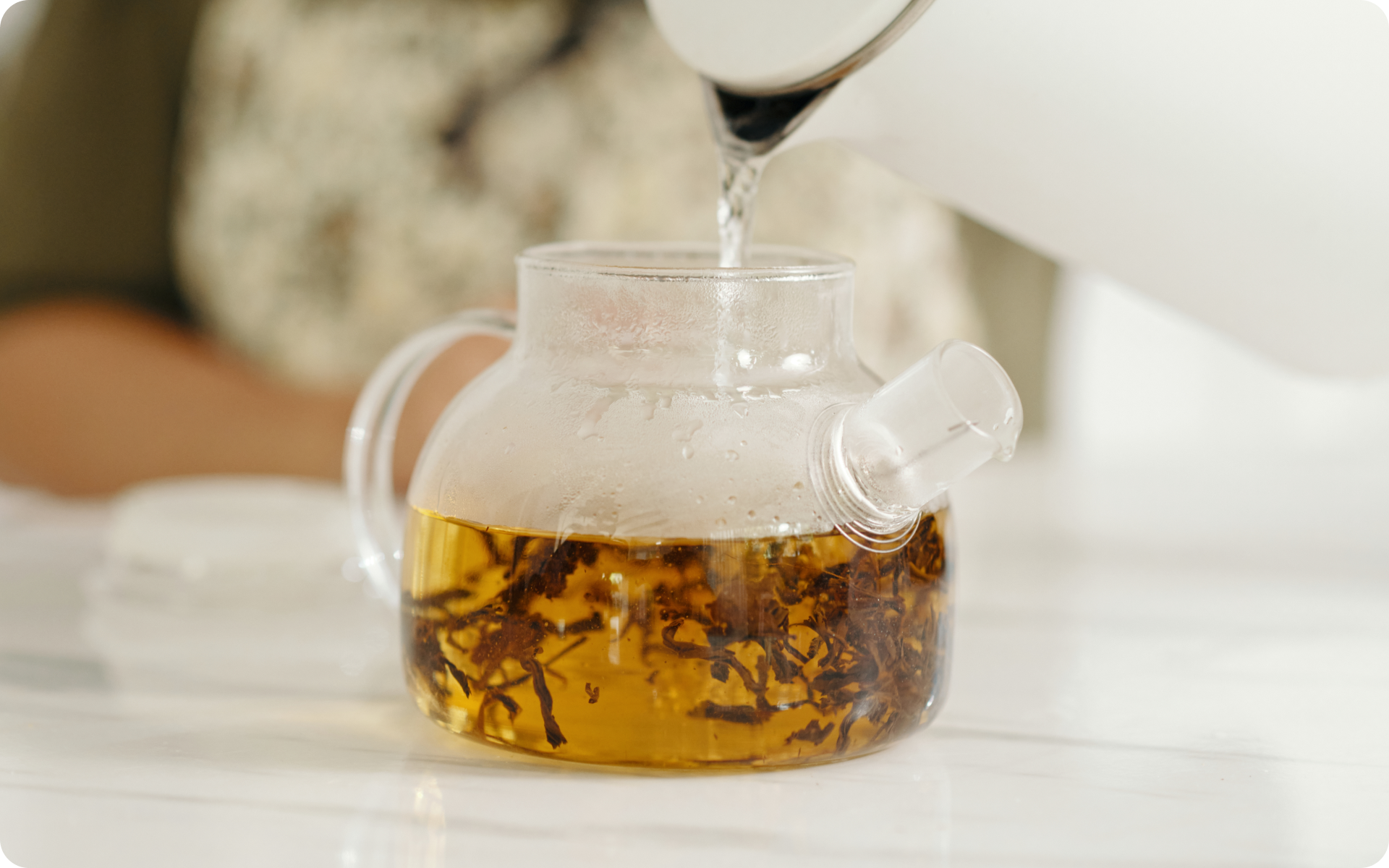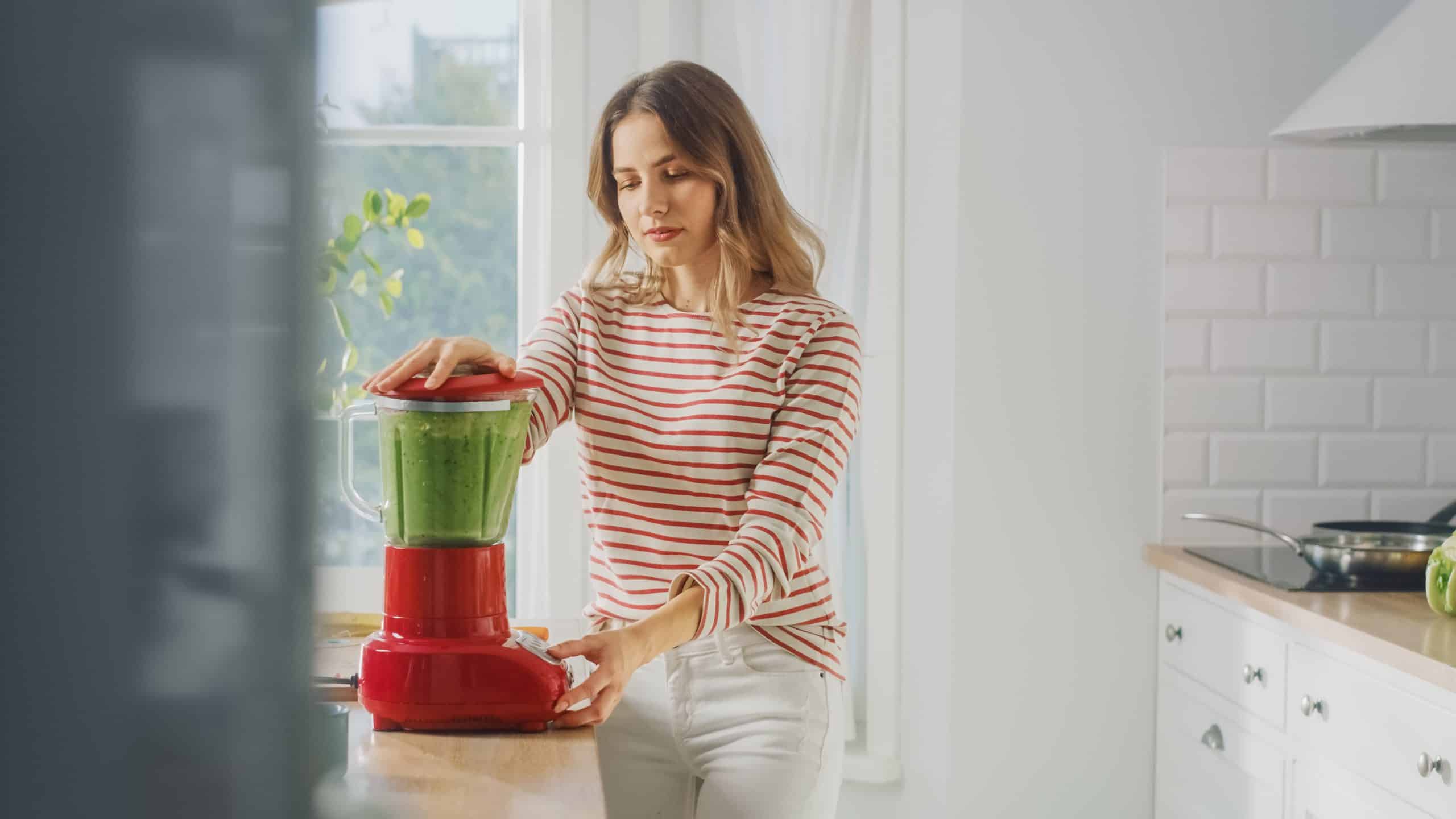Why Is Your Choice Of Food So Important?
The internet is full of various recommendations and advice on any nutrition topic, and weight loss is not an exception. As two main components of a successful slimming process are diet and exercise, you can effortlessly find hundreds of workouts and nutrition plans online. But how can you know if they will work for you and won’t make you put on extra pounds immediately after you finish dieting?
There are lots of extreme diets, which restrict a great variety of food or allow you only one type of food. This type of diet should never be followed long term, as it may be very bad for your health. Such diets are usually very poor-balanced, and even if they will help you trim a couple of inches, it won’t be for long and will carry different negative side-effects and consequences. That is why, if you want to permanently and healthily shed a couple of pounds you should stick to a well-balanced diet.
What makes a diet balanced? – you may ask, and that is the choice of foods and the amount and ratio of nutrients that you get from your meals. Unlike junk food, which is low in essential nutrients and high in calories, veggies are filled with vitamins and minerals and are a relatively low-calorie food. Although the list of best veggies for weight loss is quite long, even veggies can make you put on weight, if they are prepared in the wrong way, for example when you make French fries or chips out of a potato. That is why you may ask questions such as, “Are peas good for you losing weight?”
In this article, you will find out the answer to that question, along with the green peas’ nutrition, health benefits of peas, and others.
Read More: Different Types Of Diets: The Lowdown On The Most Talked-About Weight Loss Strategies
Are Peas Good For You Losing Weight: Green Peas Nutrition
To answer the question “Are peas good for you losing weight?” you need to know the nutritional value of green peas and understand how many carbs and how much protein is in peas. And it is only natural that the answer to another question “Why green peas are healthy and nutritious?”, also lies in their nutritional value. So, here are the nutritional contents of one cup (145 g) of raw green peas (12):
- Calories: 117
- Carbs: 21 g
- Protein: 7.86g
- Fats: 0.58 g
As you can see, green peas are relatively low in calories, most of which come from carbs. Peas are also rich in fiber, with 8.26g per cup.They also are super low in fats, contain no cholesterol, and are packed with protein. A 100-calorie serving (about ¾ cup) of peas contains more protein than ¼ cup of almond or a tablespoon of peanut butter (6). Besides that, peas contain the following micronutrients:
- Vitamin A: 1110 IU
- Vitamin K: 26 µg
- Folate: 94.2 µg
- Niacin: 3.03 mg
- Vitamin C: 58 mg
- Thiamine: 0.386 mg
- Calcium: 36.3 mg
- Iron: 2.13 mg
- Phosphorus: 157 mg
- Potassium: 354 mg
- Magnesium: 47.8 mg
- Manganese: 0.59 mg
That is a pretty impressive list of nutrients! One cup of boiled green peas contains 46% of your RDA of vitamin K, which is known for its blood clotting properties, and positive impact on bone health (6).
If you tend to let yourself off the hook, raise the white flag when things get tougher than you expected, send yourself on an unconscious binge-eating trip – BetterMe app is here to help you leave all of these sabotaging habits in the past!
Health Benefits Of Peas
Whether they impact your health negatively or positively also affects the answer to the question “Are peas good for you losing weight?” Being as nutritionally rich as they are, these pulses may offer you a lot of health benefits, including the following (20):
-
Help In Diabetes Management And Prevention
Due to high fiber contents, peas have a relatively low glycemic index (GI) (13), which makes them a good choice for a low-GI diet. The GI is a measure that states how quickly your blood sugar rises after you ate a certain food. Fiber slows down the rate at which carbs are absorbed and adds to a slower and more gradual rise in blood sugar levels, rather than causing a spike (3, 7). Evidence shows that diets that include low-GI foods may lower the risk of developing type 2 diabetes and cardiovascular disease, along with the prevention of other chronic diseases (5).
Research also shows that consumption of protein-rich foods may promote better management of blood sugar levels in patients with type 2 diabetes (1, 4), and peas are quite rich in that macronutrient.
High micronutrient contents of peas also add to diabetes management and prevention. Such vitamins and minerals as magnesium and vitamins A, C, and K, which can be found in peas, may help you lower the risk of diabetes (8, 17).
-
Promote Better Digestion
Another benefit of the high fiber content of peas is that they may improve your digestion. Studies suggest that fiber may be very beneficial for your digestive system (13, 7). Fiber feeds the good bacteria in your gut, which maintains the healthy microorganism balance in your intestines (3). That in turn may lower the risk of some common gastrointestinal conditions, including colon cancer, irritable bowel syndrome, and inflammatory bowel disease (14).
Since most fiber in green peas is insoluble, it may help food and waste pass more quickly through your digestive system.
Read More: Metabolism Boost Smoothies to Instantly Foster Your Metabolism to Beast Mode
-
Add To Cardiovascular Health
Heart-healthy minerals like calcium, magnesium, and potassium found in peas may promote better cardiovascular health. Diets that include these nutrients may prevent hypertension, thus lowering the risk of heart disease (11).
The dietary fiber, which was already mentioned, may also improve your heart health by lowering the total and bad LDL cholesterol levels, which, if increased, add to the risk of cardiovascular diseases (9).
Flavanols, carotenoids, and vitamin C, which are present in peas, may also reduce the chance of cardiovascular disease (16).
-
Reduce The Risk Of Cancer
Regular consumption of these pulses may lower the chance of cancer, thanks to their antioxidant content and anti-inflammatory properties (10). Green peas also contain plant compounds saponins, which has shown positive effects on cancer. Studies show that saponins may reduce the risk of certain types of cancer and have the potential to inhibit tumor growth (2).
Vitamin K, which is abundant in peas, is also known for its anticancer effect and the ability to potentially prevent prostate cancer (15).
Are Peas Good For You Losing Weight?
Now that you know the nutritional value of green peas and their health benefits, you can answer questions such as “Are peas good for you losing weight?”, “How do peas help in weight loss?”, and “Should you eat green peas?” From the presented above information, you can conclude that peas are quite good for weight loss. They are rich in vitamins, minerals, and macronutrients like complex carbs, which are a good source of energy (19).
The fiber found in peas offers a bunch of health benefits while prolonging the feeling of satiety. Another component that adds to your feeling of fullness and is present in peas is protein. Consumption of protein stimulates the release of hormones that reduce appetite. Research shows that diets that include peas led to significantly greater weight loss than those that didn’t. The same applies to weight maintenance diets (18).
- Since peas are relatively low in calories and packed with fiber and protein, they are a great option for lots of weight-loss diets. You should consider including peas into your menu if you stick to a low-glycemic diet, intermittent fasting, low-fat diet, and especially vegetarian and vegan diets.
Although they are filled with protein, they lack the amino acid methionine, which means that if you follow a plant-based diet you will have to pair peas with another source of protein, like tofu, quinoa and nuts, to make up for the deficit.
Since most of the energy in peas comes from carbohydrates, and they are also low in fat, peas may not be the best option for the Keto diet.
BetterMe app is a foolproof way to go from zero to a weight loss hero in a safe and sustainable way! What are you waiting for? Start transforming your body now!
Downsides Of Eating Peas
Despite their numerous benefits, peas are not the perfect food. Although in general you are recommended to include peas into your diet, you should stick to a moderate amount as they have the following downsides (20):
-
Contain Antinutrients
You already know that peas are filled to the brim with essential vitamins and minerals, but what you may not know is that they also contain antinutrients. Antinutrients are substances that are present in foods such as grains and legumes, and that may interfere with your digestion and mineral absorption.
Although they are usually not problematic for most healthy people, they may impact those who rely on legumes as a staple food or those who are at risk of malnutrition. That is why you should be on the lookout for the antinutrients, including these two, typical for green peas:
Phytic Acid
This antinutrient may interfere with the absorption of iron, calcium, zinc, and magnesium.
Lectins
Consumption of this antinutrient may cause gases and bloating. It also may interfere with nutrient absorption.
Although both these antinutrients may cause problems with nutrient absorption, don’t rush to exclude them from your diet as their contents tend to be lower in peas in comparrison to other legumes, so they are unlikely to cause issues unless you consume them too often. Here is how to prevent those harmful effects from the antinutrients:
1. Prepare Them In Different Ways
There are lots of methods of preparation of peas. You may try soaking, sprouting, and fermenting them, as these methods reduce the antinutrient content of peas. Fermented peas are also filled with prebiotics , which promote better digestion, and support a healthy gut microbiome.
2. Cook Them Before Eating
Raw peas contain higher levels of antinutrients, which increases the chance of having digestive discomfort.
3. Consume Them In Moderate Amounts
The golden rule of any well-balanced diet is to consume any type of food with moderation. About half a cup of green peas at a time is enough for most people. Stick to medium-sized portions, and you will most likely avoid any negative side-effects of consumption of peas.
-
May Cause Bloating
Like lots of other legumes, green peas may cause gas and bloating, which are very unpleasant. Such an effect may occur due to the fermentable oligo-, di-, monosaccharides, and polyols (FODMAPs). These are a group of carbohydrates that escape digestion and then go through the process of fermentation by the bacteria in your gut, which produce gas and byproduct.
Another component that may add to your problem of bloating is lectins. Although their contents are not that high in peas, if this type of food is a staple of your diet, it may cause you some problems.
But don’t despair as there are a couple of methods to reduce and prevent the digestive discomfort from eating peas. Two of the best methods you can try are to reduce your portion size and change your preparation methods. Try soaking, fermenting, or sprouting instead. Another method is to consume peas regularly. In that way, your body may get used to them and won’t cause any uncomfortable symptoms.
Conclusion
Are peas good for you losing weight? These legumes are low in calories and fat while being rich in protein, fiber, vitamins, and minerals. As the first two promote the feeling of satiety and vitamins and minerals keep nutrient deficiencies at bay, you may conclude that peas are good for weight loss. They also offer possible health benefits such as management and prevention of diabetes, reduced risk of cancer, and improved cardiovascular and digestive health.
However, nothing is perfect, and peas are not an exception. Two downsides of peas include their antinutrient content and possible GI discomfort. You can reduce the negative effect of antinutrients or bloat by preparing them in a certain way and consuming them in moderate portions. If you are planning to make any changes in your current diet, please make sure to discuss them with a dietitian first.
DISCLAIMER:
This article is intended for general informational purposes only and does not address individual circumstances. It is not a substitute for professional advice or help and should not be relied on to make decisions of any kind. Any action you take upon the information presented in this article is strictly at your own risk and responsibility!
SOURCES:
- An increase in dietary protein improves the blood glucose response in persons with type 2 diabetes (2003, pubmed.ncbi.nlm.nih.gov)
- Cancer chemopreventive and therapeutic effects of diosgenin, a food saponin (2009, pubmed.ncbi.nlm.nih.gov)
- Effects of Dietary Fiber and Its Components on Metabolic Health (2010, ncbi.nlm.nih.gov)
- Effects of dietary protein on glucose homeostasis (2006, pubmed.ncbi.nlm.nih.gov)
- Glycemic index: overview of implications in health and disease (2002, pubmed.ncbi.nlm.nih.gov)
- Green Peas: A Vitamin Powerhouse (2007, webmd.com)
- Health benefits of dietary fiber (2009, pubmed.ncbi.nlm.nih.gov)
- Magnesium and type 2 diabetes (2015, ncbi.nlm.nih.gov)
- Non-soy legume consumption lowers cholesterol levels: a meta-analysis of randomized controlled trials (2011, pubmed.ncbi.nlm.nih.gov)
- Nutritional and health benefits of pulses (2014, pubmed.ncbi.nlm.nih.gov)
- Nutritional Recommendations for Cardiovascular Disease Prevention (2013, ncbi.nlm.nih.gov)
- Peas, green, raw (2019, fdc.nal.usda.gov)
- Review of the health benefits of peas (Pisum sativum L.) (2012, pubmed.ncbi.nlm.nih.gov)
- Role of the gut microbiota in health and chronic gastrointestinal disease: understanding a hidden metabolic organ (2013, ncbi.nlm.nih.gov)
- The anticancer effects of vitamin K (2003, pubmed.ncbi.nlm.nih.gov)
- Vitamin C and Heart Health: A Review Based on Findings from Epidemiologic Studies (2016, ncbi.nlm.nih.gov)
- Vitamins and type 2 diabetes mellitus (2015, pubmed.ncbi.nlm.nih.gov)
- What are the best foods for weight loss? (2018, medicalnewstoday.com)
- What foods help burn fat? (2019, medicalnewstoday.com)
- Why Green Peas are Healthy and Nutritious (2017, healthline.com)
